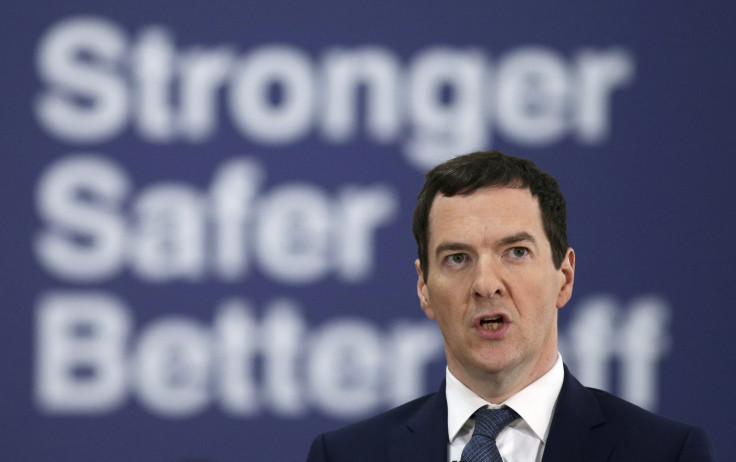Brexit: George Osborne to set out government's economic plan before markets open
Chancellor to issue statement at 7am BST in a bid to calm investor fears.
Chancellor George Osborne will issue a statement before markets open on 27 June in a bid to reassure investors over the UK's surprise exit from the European Union.
He is expected to set out the government's economic path forward until October, when Prime Minister David Cameron will step down from his role.
The chancellor had warned in the run-up to the referendum that £30bn (€36.5bn; $40bn) of spending cuts and tax rises would be needed in the event of Brexit.
The pound plunged to its lowest level in more than three decades a day after Britons voted 52%-48% to leave the EU on 23 June, while financial markets in Europe and elsewhere saw massive sell-offs.
The currency was trading 2% lower against the US dollar in early Asian trading on 27 June.
Osborne's statement, due at 7am BST, will be his first public remarks since the referendum and will be closely scrutinised by investors.
Recession fears
"The chancellor will make a statement {...} to provide reassurance about financial and economic stability in light of the referendum result," a Treasury spokesman was quoted as saying by the Reuters agency on 26 June.
It would set out "the actions that he and the rest of the government will be taking to protect the national interest over the coming period", the spokesman added.

Analysts have warned that the UK could be plunged into recession in the aftermath of the Brexit vote, with billionaire George Soros warning that the country faced significant financial pain in the near future.
"Britain eventually may or may not be relatively better off than other countries by leaving the EU, but its economy and people stand to suffer significantly in the short to medium term," he wrote on Project Syndicate.
"The consequences for the real economy will be comparable only to the financial crisis of 2007-2008."
The Leave result sent shock waves around the world and has raised concerns that the UK itself could break up, with both Scotland and Northern Ireland voting overwhelmingly to stay in the EU.
It has also sparked a political crisis in both main parties in Britain, with Cameron announcing that he will resign and Labour leader Jeremy Corbyn fighting to survive amid a mounting rebellion from his shadow cabinet.
© Copyright IBTimes 2024. All rights reserved.






